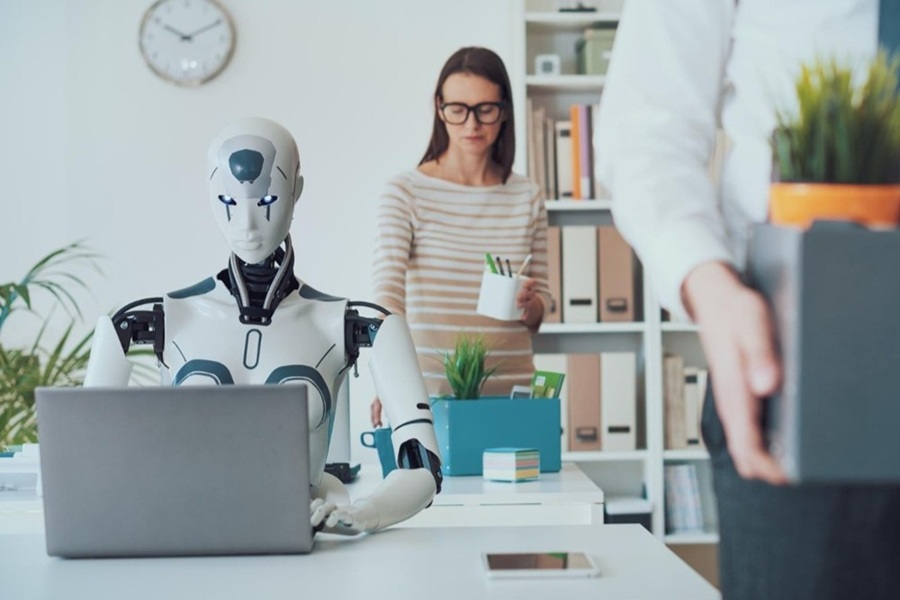Is AI actually stealing jobs?
A new study says that AI isn’t taking jobs (at least not yet), but it is probably preventing job creation
THE FEAR THAT AI is taking jobs (present tense) is one we’ve talked about quite a bit in this newsletter, and aside from environmental and copyright concerns it remains one of the largest sources of opposition to the rollout of AI technology. Some economists have even suggested the current downturn in the jobs market is AI-induced, arguing that we’re seeing the first impacts of the tech on jobs right now.
Click here to view this article in the London Inc. Worklife newsletter
But that anxiety and fear is largely one of vibes. What do you see when you actually look at the data?
A group of Yale economists sought to find out, and issued a report this week suggesting that AI hasn’t started taking jobs — at least not yet. “While the occupational mix is changing more quickly than it has in the past, it is not a large difference and predates the widespread introduction of AI in the workforce,” the authors, Martha Gimbel, Molly Kinder, Joshua Kendall and Maddie Lee wrote. “Currently, measures of exposure, automation and augmentation show no sign of being related to changes in employment or unemployment.”
Story Continues Below
But just because it’s not taking jobs doesn’t mean it’s not impacting them. “The threat of AI has many companies moving forward more cautiously,” said University of Iowa career services director Cynthia Meis, speaking with Gizmodo. “Rather than expanding aggressively, they’re taking a conservative approach to headcount, which slows not only hiring but also the recruitment process.”
Such an explanation might better explain why the job market seems so grim right now, and why jobs numbers seem to be going in a negative direction. Yes, AI is playing a role in pushing employers towards conservative hiring, but so are external factors. Gizmodo succinctly put it in terms that will probably feel familiar to tariff-wary Canadians. “AI isn’t killing jobs,” they declared, “Trump is.”
Story Continues Below
The researchers seem to suggest that while yes, things feel bad right now, it might help to zoom out and view things with a wider lens. They argue that AI’s impact is more “lightning strikes” than “house fires” — that is, it’s disrupting industries in more targetted ways rather than upending the entire job market. “A translator might be out of work, a creative might be struggling, a customer service rep might be displaced,” said Kinder, speaking with Fortune. “Those are real. But it’s not big enough to add up to the economy-wide apocalypse people imagine.” ![]() Kieran Delamont
Kieran Delamont

